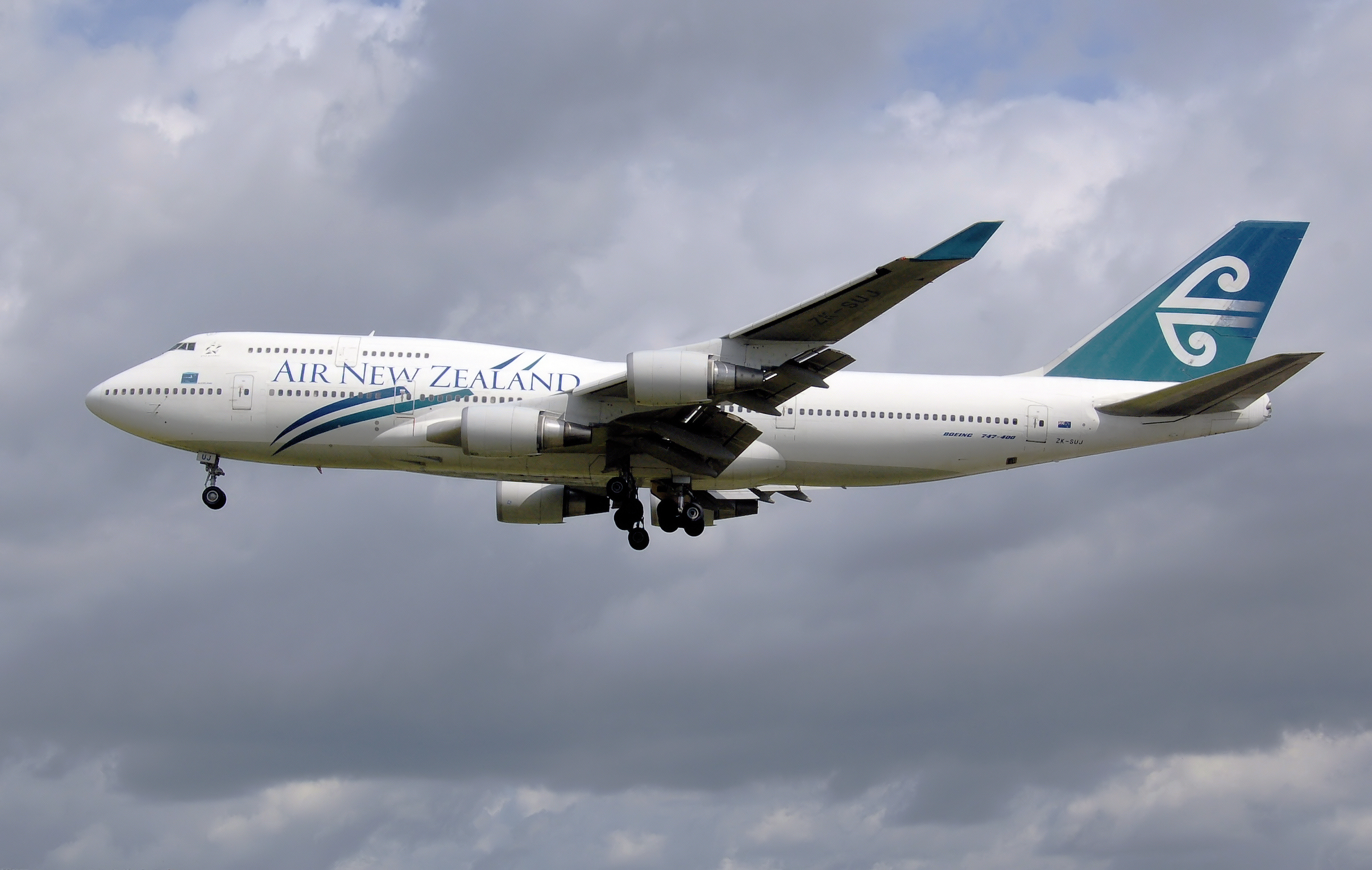By BA Staff
Boeing and Brazil's GOL Linhas Aereas Inteligentes S.A. will work together to speed the research, development and approval of new sources of sustainable aviation biofuel in Brazil. Their collaboration will support GOL's plans to use this lower-carbon jet fuel on more flights during upcoming major sporting events and also will benefit long-term development of a new sustainable aviation biofuel industry in Brazil.
Paulo Sergio Kakinoff, chief executive officer of GOL, and Van Rex Gallard, vice president of Sales for Africa, Latin America and the Caribbean, Boeing Commercial Airplanes, signed a memorandum of understanding for biofuel collaboration at the Latin America and Caribbean Air Transport Association (ALTA) Airline Leaders Forum 2013.
Paulo Kakinoff, chief executive officer for GOL said:
On Oct. 23, Brazil's Aviator's Day, GOL conducted Brazil's first commercial biofuel flight in a Boeing 737-800 powered in part by sustainable aviation biofuel made from waste cooking oil and blended by Petrobras, with support from the Inter-American Development Bank (IDB). Following the flight, aviation industry stakeholders including GOL and Boeing, as well as Brazilian officials and research institutions, announced a national effort called the Brazilian Biojetfuel Platform to establish a sustainable biojetfuel industry with research and development in several regions of the country. If the Platform is successful, Brazil, which has already established a biofuel industry could be the first nation to establish a sustainable aviation biofuel industry from biomass production to flight.
Boeing and Brazil's GOL Linhas Aereas Inteligentes S.A. will work together to speed the research, development and approval of new sources of sustainable aviation biofuel in Brazil. Their collaboration will support GOL's plans to use this lower-carbon jet fuel on more flights during upcoming major sporting events and also will benefit long-term development of a new sustainable aviation biofuel industry in Brazil.
Paulo Sergio Kakinoff, chief executive officer of GOL, and Van Rex Gallard, vice president of Sales for Africa, Latin America and the Caribbean, Boeing Commercial Airplanes, signed a memorandum of understanding for biofuel collaboration at the Latin America and Caribbean Air Transport Association (ALTA) Airline Leaders Forum 2013.
Paulo Kakinoff, chief executive officer for GOL said:
"Because of its continuous improvements in technology that result in ever-lower fuel consumption, the Boeing Next Generation 737 is the only airplane that GOL flies. Boeing's focus on fuel efficiency helps us all operate in a more sustainable fashion, and the expansion of our partnership with this new project will further advance the effort to expand biofuel use in Brazil. It also will serve as an example to the world of what is possible today and in years to come. Boeing is very pleased to work with GOL on this key project to advance the use and availability of biofuels. As Brazil's leading low-cost carrier, GOL is showing great leadership in its efforts to conduct lower-carbon flights."GOL plans to use biojetfuel on 200 flights during the major sporting event in Brazil in 2014 and to incorporate biofuel into 20 percent of its flights during the Olympics taking place in Rio de Janeiro in 2016.
On Oct. 23, Brazil's Aviator's Day, GOL conducted Brazil's first commercial biofuel flight in a Boeing 737-800 powered in part by sustainable aviation biofuel made from waste cooking oil and blended by Petrobras, with support from the Inter-American Development Bank (IDB). Following the flight, aviation industry stakeholders including GOL and Boeing, as well as Brazilian officials and research institutions, announced a national effort called the Brazilian Biojetfuel Platform to establish a sustainable biojetfuel industry with research and development in several regions of the country. If the Platform is successful, Brazil, which has already established a biofuel industry could be the first nation to establish a sustainable aviation biofuel industry from biomass production to flight.
















